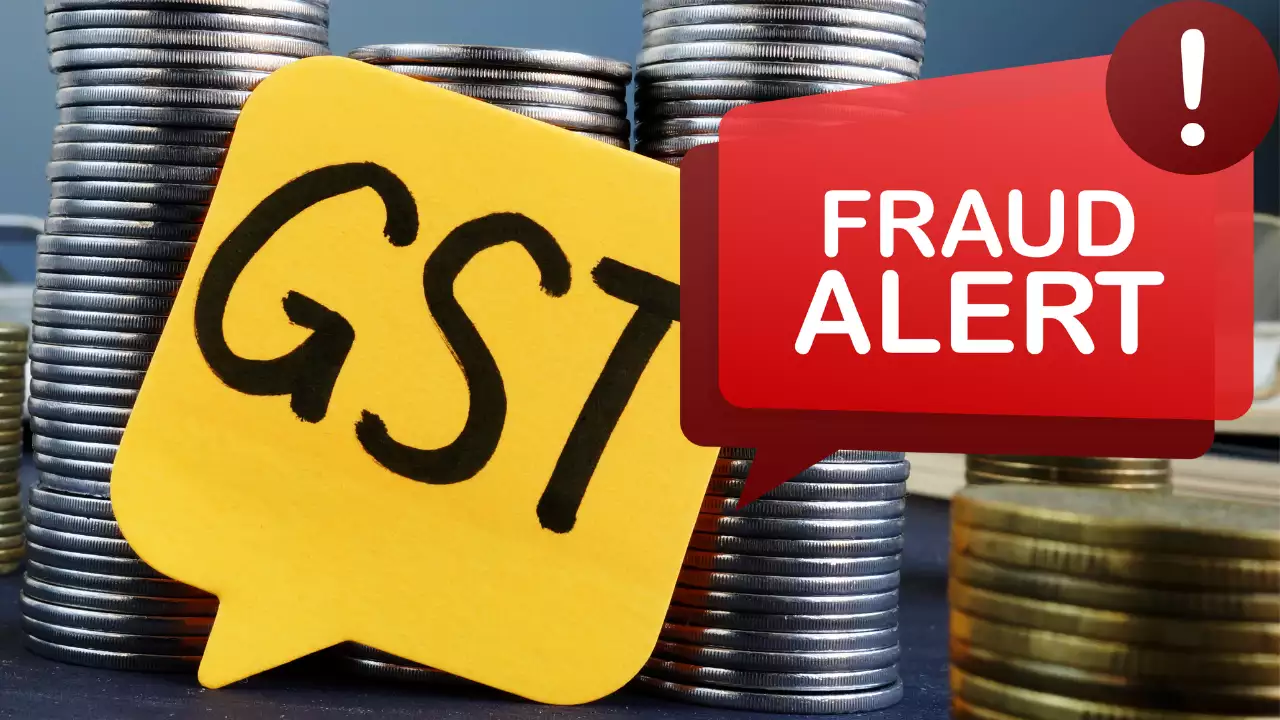
Introduction
Goods and Services Tax (GST) was introduced in many countries to streamline the taxation system, reduce tax evasion, and boost economic growth. However, like any complex tax system, it has also given rise to a variety of fraudulent activities. GST fraud is a serious issue that not only affects governments’ revenue collection but also damages the economy. In this blog, we’ll delve into the world of GST fraud, explore common scams, and discuss ways to prevent and combat these fraudulent practices.
Understanding GST Fraud
GST fraud refers to any deceptive or illegal activity undertaken by individuals or businesses to evade or manipulate their GST obligations. It can take various forms, such as underreporting sales, inflating input tax credit claims, and even creating fake invoices. Here are some common GST fraud schemes:
- Bogus Invoice Scams: Fraudsters create fake invoices for non-existent goods or services and claim input tax credits. These fraudulent invoices are often used to reduce the tax liability, resulting in a direct loss of revenue for the government.
- Circular Trading: In this scheme, several businesses create a network to trade non-existent goods or services to generate fake invoices and claim input tax credits.
- Underreporting Sales: Some businesses manipulate their sales figures to pay lower GST. They underreport their sales to reduce their GST liability.
- Missing Trader or Carousel Fraud: This complex scam involves multiple entities in various countries. Fraudsters import goods without paying GST and then fraudulently claim refunds on these non-existent exports.
- Double Dipping: This scheme involves claiming input tax credits on the same invoice multiple times by submitting it to different tax authorities or by selling it to multiple buyers.
Consequences of GST Fraud
GST fraud has far-reaching consequences, affecting both the government and the overall economy:
- Revenue Loss: GST fraud results in substantial revenue losses for the government, impacting its ability to fund essential services and infrastructure.
- Distorted Competition: Fraudulent businesses have an unfair advantage over honest ones, as they can offer lower prices by avoiding taxes. This distorts market competition.
- Increased Compliance Costs: To combat fraud, governments need to invest in additional resources for enforcement and audit activities, which can increase compliance costs for legitimate businesses.
- Economic Impact: When GST fraud is widespread, it can weaken the overall economy by reducing tax revenue, undermining investor confidence, and affecting economic stability.
Actions against GST fraud
The GST Council has set up a grievance redressal portal for registering any type of GST fraud and other complaints. Customers and taxpayers can lodge their complaints or seek answers to their GST-related issues on this portal.
GST complaint portal and how it works
The portal is user-friendly and helps individuals lodge their complaints and raise tickets by themselves. They can also check the status of the complaint and its progress.
How to report GST fraud
There are many ways a person can file a GST-related complaint about any illegal charges or fraud. They are:
Step 1: The first step is for the person to go to the GST portal at https://www.gst.gov.in/
Step 2: Then scroll down and click on the ‘grievance redressal portal of GST.’
Step 3: The portal will redirect the user to a new page.
Step 4: The user has to click on ‘Report Issue’ and lodge the type of issue or concern.
Call the toll-free number of the GST complaint portal. The number is 1800-103-4786. After registering, the user will get an acknowledgement number with a ticket number (TRN), which can be used to track the complaint status.
Conclusion
GST fraud is a serious issue that affects governments, businesses, and the overall economy. To combat it effectively, a collaborative effort is required from all stakeholders, including governments, businesses, and individuals. Prevention and detection of GST fraud should be a top priority to ensure fair competition, protect government revenue, and promote economic growth. By staying vigilant and promoting a culture of compliance, we can collectively work towards reducing the prevalence of GST fraud.
This Article is only a knowledge-sharing initiative and is based on the Relevant Provisions as applicable and as per the information existing at the time of the preparation. In no event RMPS & Co. or the Author or any other persons be liable for any direct and indirect result from this Article or any inadvertent omission of the provisions, update etc. if any
Published on: October 29, 2023
